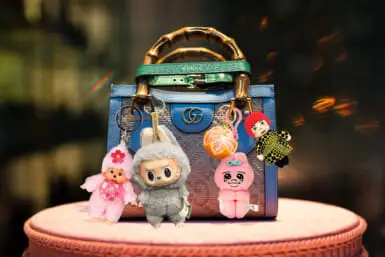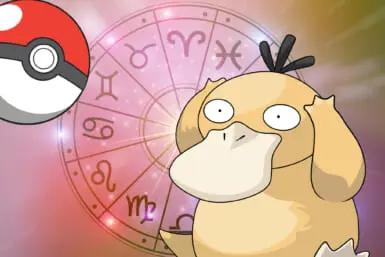Futehodo has been named as Japan’s buzzword of the year. It’s a shortened version of Futekisetsu ni mo Hodo ga Aru! (Extremely Inappropriate!), one of the most popular Japanese dramas of 2024. Sadao Abe, who played the lead role in the drama, received the award at the ceremony in Tokyo’s Chiyoda ward earlier today. It’s the first time in 11 years that a drama-related word has been selected for the Grand Prize. In 2013, “baigaeshi,” meaning “double payback” from the TBS Sunday drama Hanzawa Naoki and “jee-jee-jee,” from the NHK TV series Amachan, were two of four winners.
What is Futehodo?
This year’s winner took many people by surprise. “Huh? What is Futehodo? I’ve never heard of it before, haha,” wrote one user on X. “Seriously, I understand everything there except for Futehodo,” posted another. The drama, which aired between January and March, is a comedy about time travel. Ichiro Ogawa (Abe), a foul-mouthed PE teacher and single parent who has raised his daughter alone since his wife died, travels through time from 1986 to 2024. Sociologist Sakae Sakisaka (Yo Yoshida) and her son head in the opposite direction.

The other buzzwords making up the top 10:
Bling-Bang-Bang-Born: A song by hip-hop duo Creepy Nuts, “Bling-Bang-Bang-Born” gained popularity in Japan and internationally through the “BBBB Dance” internet challenge.
Mo Ee Desho: Meaning “I’ve heard enough,” or “OK, fine,” this phrase was regularly used by Goto (Pierre Taki) in the popular Netflix series, Tokyo Swindlers.
50-50: In October, Shohei Ohtani became the first player in MLB history to record 50 home runs and 50 stolen bases. His 50-50 ball was sold at auction for more than $4 million.
Shoro Japan: Meaning “past middle-age,” this was what Japan’s equestrian team called themselves after winning the country’s first medal in the sport since 1932.
Meigen ga Nokosenakatta: Haruka Kitaguchi was frustrated that she was unable to come up with a suitable inspirational phrase after winning a javelin gold at the Olympics.
Uragane Mondai: The slush funds scandal dominated headlines this year after it was discovered that LDP factions were underreporting the sales of fundraising party tickets.
Kaiwai: This is the word for a neighborhood. However, among youngsters, it is now used to refer to groups with things in common, such as shizen kaiwai for those posting nature pictures on social media sites.
Shin Shihei: On July 3, Japan introduced new banknotes. The new faces are Shibasaburo Kitasato (¥1,000), Umeko Tsuda (¥5,000) and Eiichi Shibusawa (¥10,000).
Howaito Anken: Translated as “white job,” Howaito anken is basically a euphemism for yami baito, which means part-time, shady employment, often leading to illegal activities.









